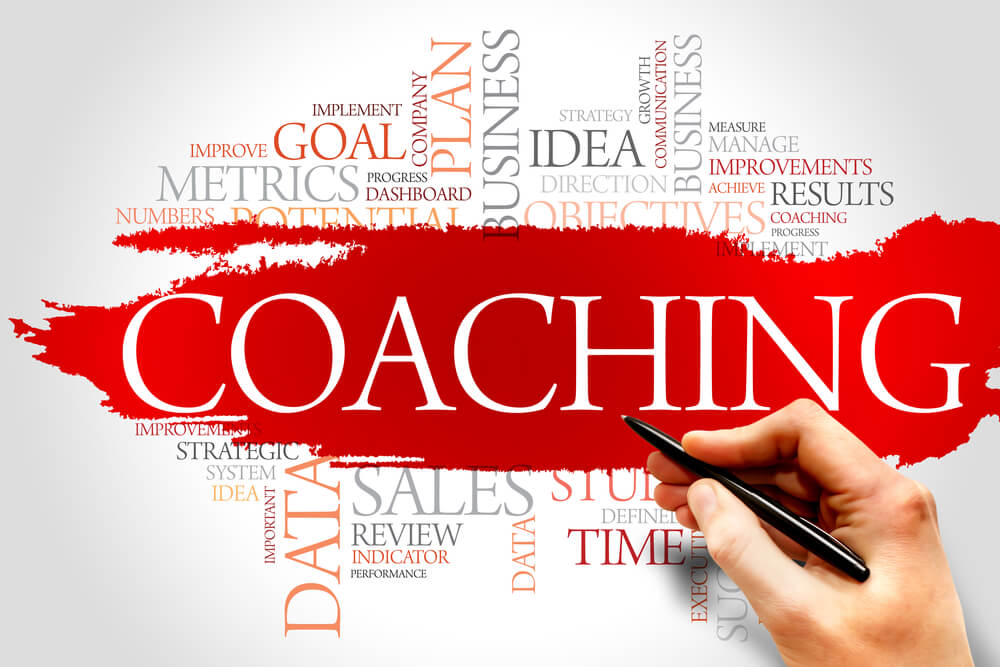Leadership today is being transformed. An authoritative, directive and problem-solving management style is no longer viewed as optimal, and in many cases, no longer works. Managers’ roles are now focused on “imparting knowledge and helping others discover it themselves” (source: Leader as Coach, HBR contributors Ibarra and Scoular). To bring out the best in people and optimize performance, today’s leaders are adopting coaching to engage, inspire and drive performance. Top organizations, including Microsoft, Deloitte and IKEA, have made the leap to establishing coaching cultures that maximize results through unlocking employees’ potential, and you can too!
The Shift from Directive Leader to Coach
In traditional management structures, using the authoritative, ‘do as I say’ style, employees expect that you will have all the answers, solve their problems and provide direction about what to do next (as you push and pull performance from your team). But as a coach, your primary role is that of a catalyst who partners with employees to help them develop strategies, goals and self-accountability. You are a vital resource that provides an avenue for employees to visualize, strategize and accelerate the achievement of operational goals. This is accomplished through listening, exploring, co-strategizing and building action plans.
Coaching provides an opportunity for employees to discuss their goals, the challenges they are facing, and provides a venue for them to develop strategies to effectively manage their careers and develop essential leadership skills. As a bonus, you no longer need to have all the answers. Instead, as a coach, you guide and encourage the employee to lead in developing their own solutions.
Keys for Coaching Success
When coaching, you need to take your foot off the pedal and instead focus in and listen. By doing so you hear what’s really going on, what’s driving or inhibiting success vs rushing in to solve issues, which will typically resurface as the employee hasn’t developed critical problem-solving and decision-making skills.
When you spot an opportunity to coach, seize it! Often these moments are during your weekly or biweekly employee check-ins. When an employee is struggling with a stakeholder relationship, solving a critical issue, or building their team’s performance, the door has been opened to a coaching moment. Formerly you would be drawn in to drill down, offer advice and solve the problem. When coaching, you are focused on helping the employee solve their own problems through asking open-ended questions that lead to exploration and discovery.
8 Coaching Questions to Get You Started
Use open-ended questions, including who, what, where, why, and how to open conversations and exploration. Avoid closed questions – questions that create Yes/No answers as this disengages the employee from the conversation and taking accountability. For example:
- What are your goals for this month (or) this quarter?
- What do you want to accomplish?
- What will be your biggest challenge in reaching this goal?
- What’s keeping you from getting the results you want?
- What will you need to do to make this happen?
- What tools and resources will you need?
- What’s the first step you need to take to reach your goal? By when do you want to do this?
- What could be a roadblock to getting the results you want?
Struggling to Adopt this New Coaching Mentality?
It’s not easy to make the transition, as it takes time. Directive leadership gets things done quickly, but the employee is always coming back for more instructions or more help to resolve issues. Coaching is shifting you from an authoritative model – ‘I know the answers, I’ve been there done that, I’m the expert’ – to bringing out the best in your employees by drawing out their ideas. If you ask any CEO how to they get their best ideas and solutions, they will be the first to tell you it’s from focusing in and listening to their employees.
Coaching builds the employee’s confidence and ability to solve their own problems as they explore issues, gain your insights, strategize solutions, and then move into action. The ultimate outcome is we help employees be more innovative, self-reliant and productive. This results in stronger employee engagement and the achievement of organization results.
Need help developing your coaching skills and engaging your employees in coaching conversations? Our team of Certified Executive Coaches are experts in coaching for leadership development, career development and retention of top talent. Contact us now to learn more and discover how coaching can transform your team.
Wishing you much career success!
Joanne Loberg
Certified Executive Coach & Internationally Certified Career Management Professional
JL Careers Inc




